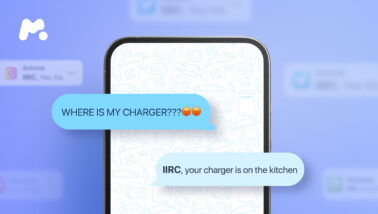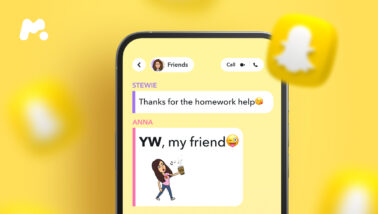
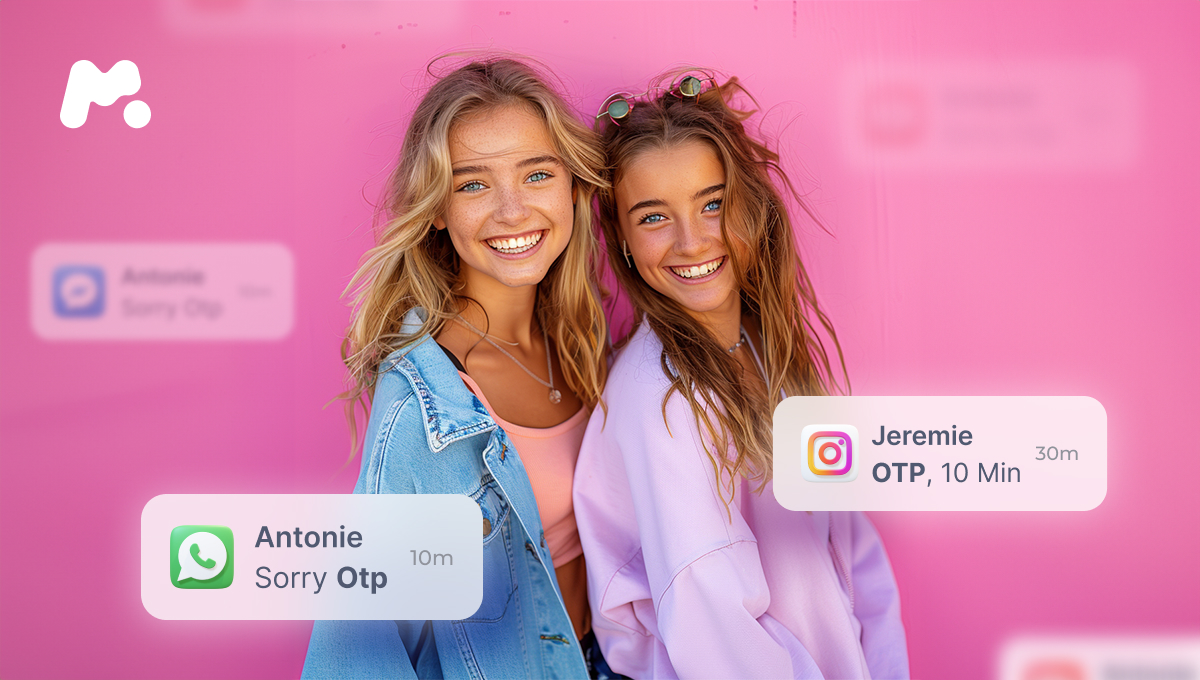
Ever feel like you need a translator app just to chat with your teenager? You ask them how their day was and are met with a grunt and an eye roll. Then, later, you catch them giggling uncontrollably over text messages filled with an alphabet soup of abbreviations and acronyms.
Welcome to the wonderful world of teen speak, a constantly evolving language that can leave parents feeling hopelessly out of the loop.
One particularly confusing term you might encounter is “OTP.” This seemingly nonsensical abbreviation can actually have two meanings, depending on the context. Want to know OTP meaning in text? Let’s dive in.
Table Of Contents
What Does OTP Mean in Text Message?
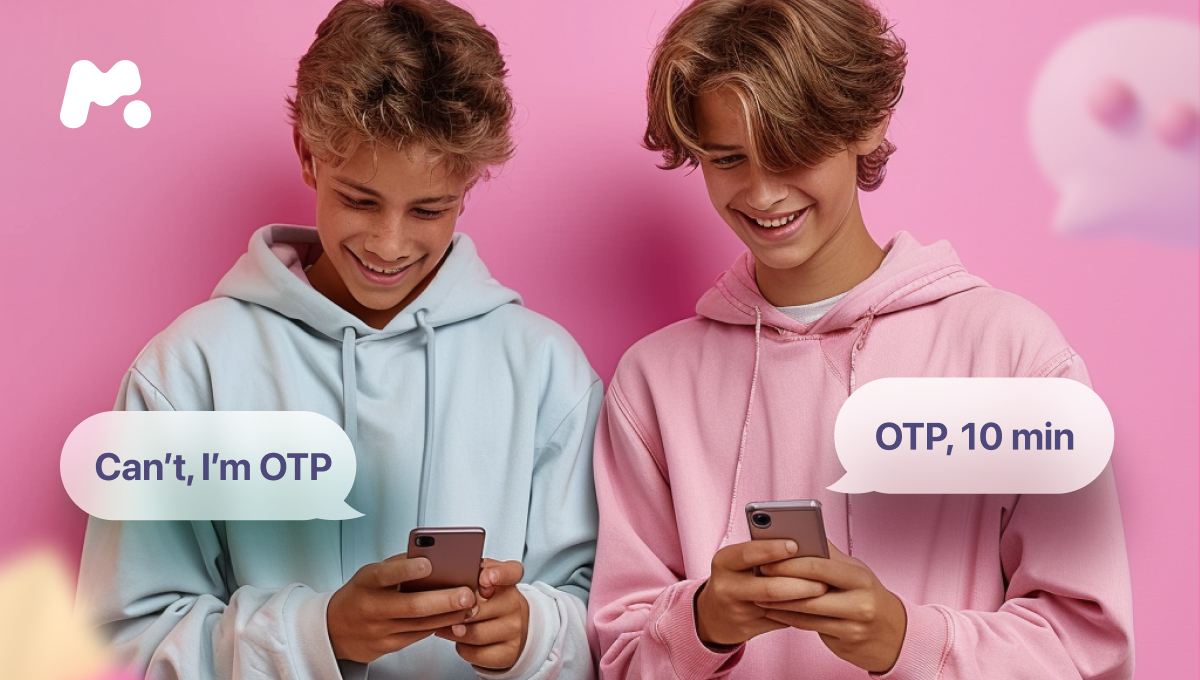
Now that we’ve established “OTP” can be quite versatile, let’s unpack its two main meanings:
- On The Phone: This is a handy abbreviation for letting someone know you’re currently unavailable for texting because you’re engaged in a phone call. It’s a quick way to avoid a back-and-forth text conversation and manage expectations.
- One True Pairing: This definition dives into the world of fandoms and fiction. Teens are deeply invested in their favorite characters, and “OTP” signifies their ultimate favorite romantic pairing within a show, book, or movie. It’s their dream couple, the ones they root for, to be together.
How to Use OTP Slang Meaning Like a Pro
So, you’ve grasped the two meanings of “OTP.” But how do you actually use it yourself? Here’s a breakdown of how to use “OTP” for both meanings:
1. On The Phone (OTP):
A: Ugh, gotta run! Talk later?
B: OTP! Catch you later.
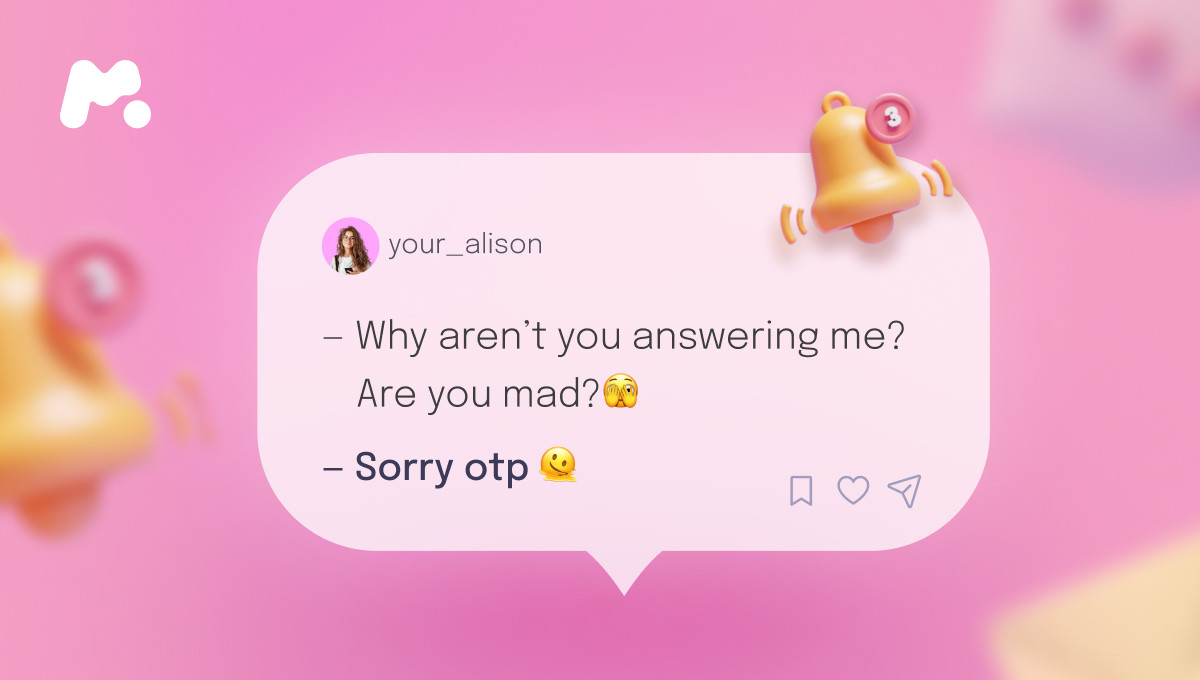 2. One True Pairing (OTP):
2. One True Pairing (OTP):
OMG, did you see the latest episode of Stranger Things?! Mike and Eleven are SO OTP!
Bonus Tip: Teens love to invent variations on popular slang terms. You might encounter “NOTP” (not my OTP) for a pairing they dislike, or even “OT3” or “OT4” for their ideal trios or quartets in a show. Consider these variations as bonus points in your quest to understand your teen’s texting language!
The Final Takeaway
While deciphering slang is a fun way to connect with your teen, it’s important to remember that open communication is key. If you’re concerned about your child’s language or suspect they might be involved in risky behavior, a direct conversation is the best approach.
However, there are situations where you might need a little extra guidance. If you have serious concerns about your child’s safety or suspect they might be hiding something, there are parental control apps available, like mSpy.
With the mSpy’s Keylogger feature, you can catch every word they type on their iPhones or Androids. Additionally, you have the option to block certain words and receive alerts when they are used.
Or you can try Screenrecorder and see a full shot of their texts. Or access their location history, call logs, emails, and more. This app can provide you with peace of mind and help you keep your loved ones safe online.

